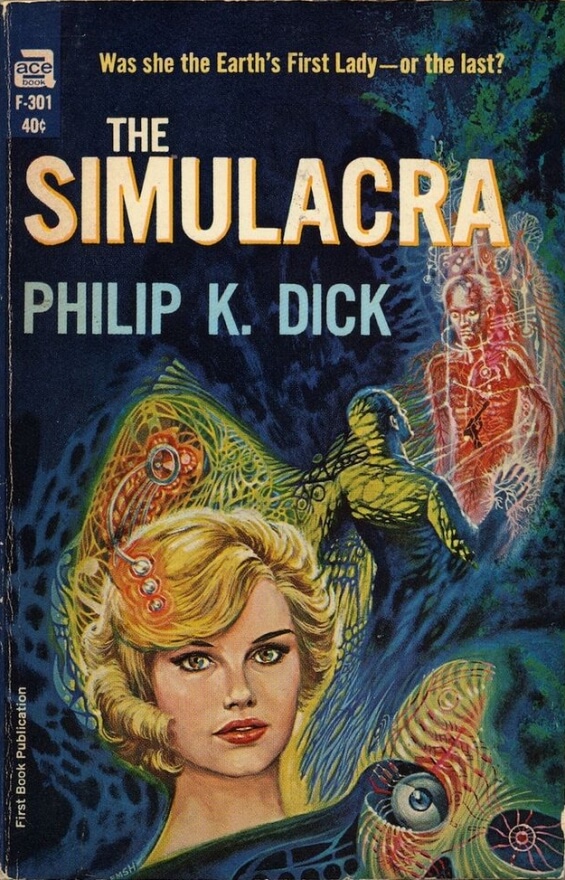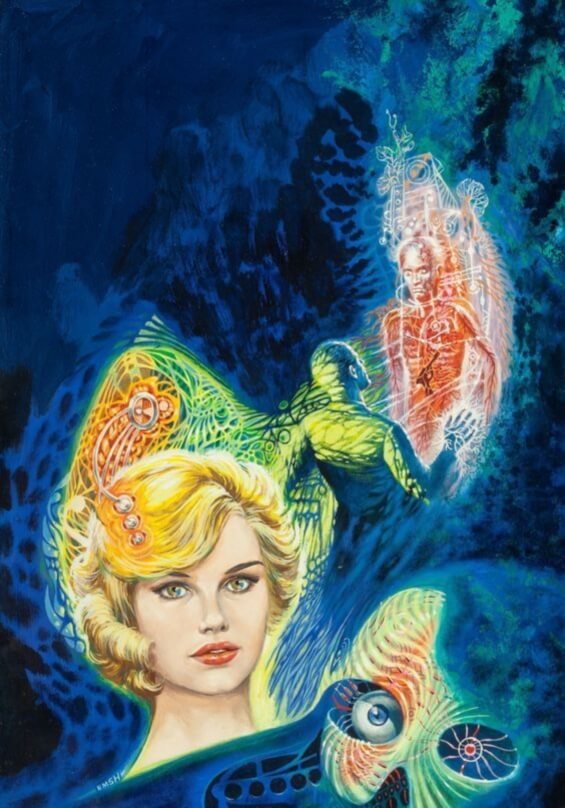
 The SFFaudio Podcast #432 – Jesse, Paul Weimer, Marissa VU, and Wayne June talk about Counter-Clock World by Philip K. Dick
The SFFaudio Podcast #432 – Jesse, Paul Weimer, Marissa VU, and Wayne June talk about Counter-Clock World by Philip K. Dick
Talked about on today’s show:
1967, expanded from Your Appointment Will Be Yesterday, what the hell’s going on, illuminating things, more direct, Wayne is pretty damn proud of himself, the difference between the two, crossover, the entropy is the same, applying shaving cream and whiskers, cleaner and cleaner clothes, some of the same logical problems as Superman‘s Bizzaro world, exactly the opposite, taking it to the logical conclusion, one of the fun things about it, what is passed over, the Hobart Phase, with participation, DC Comics, Superman spinoffs, Supergirl going through Superman’s baby photos, Jimmy Olsen, Lois Lane, Us Do Opposite Of All Earthly Things, the first issue of Action Comics, square wheels, is superman supposed to be smart?, how the economy works, don’t try to make it work logically, the ending, weird senses, LSD grenades, embryonic robots, what’s that mean?, let it happen to you, is there some overarching metaphor we’re missing?, every time it fell into plot, the graveyard, Jesus and Lazarus, breathing tubes, certain skills, everything’s reversed, Officer Tinbane, Ray Roberts, Robert Raymond, you shouldn’t try to prove the existence of God, does that have anything to do with this character?, searching out in a desperate attempt, question-answer, Centurion Longinus, a shocking death, Hermes is a psychopomop, a small business, the abortion, when does the soul enter the corpse, sperm shooting out of eggs, what is he actually saying right here?, hilarious passing references, soghum through the anus, throwing up whole foods, spirit soghum, a small bamboo Korean flute, time-bombs of hilarity, the substance and the style, the philosophical ramifications, random man, find a nearby womb, falling in love with a baby, Philip K. Dick’s twin sister, Colorado, Bishop James Pike, one of PKD’s marriages, falling in love with her sister, agonizing over sin, taking advantage, is that a crime?, Nancy Hackett, In search Of (hosted by Leonard Nimoy), dead in the desert, mind going a million miles a minute, having trouble deciding who he loves and doesn’t love, super-liberal, pro-gay, pro-black, the four parts of the USA, 10,000 politically motivated bombings, heaven isn’t real, secular saints, Copernicus, counseling Philip K. Dick, everybody’s consenting here, things are rough, her own psychological issues, she’s tiny and he’s huge, daughter sized and aged, treating kids like adults, things probably shouldn’t be happening in that park, what are we to make of the robots?, either pearls before swine or pigfood before jewelers, coming away from it without getting inside his head, not previously an aficionado, The Three Stigmata Of Palmer Eldritch, seeing the religious aspect as being interesting, the key to unlocking, Anarch Peak, highest point and without, a black Jesus figure coming back from the dead, two oblique angles, our John The Baptist character, attacking not from the front door, the Trojan horse method, coincidence?, 400 shows, a combination of subconscious and coincidence, Reading, Short And Deep, When Time Turned by Ethel Watts Mumford, kind of Science Fiction, living his life backwards from the point of his wife’s death, the dome of his skull expanded, from a female point of view, experiencing things in reverse, people remember what happened in the future, physical and mental knowledge is being destroyed, the swabble, the patent office, sucking the ink out of the page, never approaching it ion the normal everyday way, the fact that a robot is secretly and immorally implanting microscopic sperm sized robots, these librarians have stuff backing them up, the librarians are the bad guys, if you reverse everything, how does this work?, what does it mean?, robots are ambiguous, are they a distraction?, espionage, putting it on his left arm as an armband, a counter acting agent (operating in reverse [forward] time), if you know the past why don’t you act differently, Arrival and The Story Of Your Life, the ash of memory, mmmm coffee, reverse sewer trucks?, don’t think about this for too long, what’s in these sorgum pipes and where did you get it?, Red Dwarf, Season 3 Episode 1, Backwards, he’s literally taking a shit, the economy, taking its science fiction seriously but playing for comedy, money is something you want to get rid of, becoming impoverished is everyone’s goal, what is the equivalent of counter-fitting?, the money loses value, hyperinflation, the first review on Goodreads is written backwards, insight, the factions, they never believed the passage from Corinthians, death where is thy sting?, it might just be Philip K. Dick’s critique of how history has treated the Christ story, profound and doesn’t make any sense, ruminate and disgorge (don’t digest), he’s exploring but not landing on any square, that’s Pike’s thing too, harrowing hell, Sebastian Hermes, specially attuned, another Jesus figure?, always has to turn it into a small business, every chapter starts with a quote, inverted quotes?, Saint Thomas Aquinas, what the Hobart event was, almost a weapon, the FMN doesn’t have the Hobart Phase, Mars doesn’t have it either, like radiation from a Russian Hobart bomb, we need to escape this place it’s why you had the abortion, this Orange County, everybody’s playing this real estate game, the effects they see in the world are other people, the robot comes to the office, treat me as this other person, my future is your yesterday, another reading (at least), chimeras through the hold thing, you can call me Carl, Carl Jr, Karl Jung, Uditi -> U-Die -> You Die -> U as in U-Turn, Jung’s collective unconscious, the group mind, a death cult is a life cult, positive racism, the Roman Church, Pentecostals, Baptists, an excoriation against people who think they have all the answers, the TRUTH, contradictory to each other, the People’s Topical Library, why are they so scared to go to the library, destruction of books, he who destroys knowledge controls knowledge, conflicted loyalties, the black hats, Niehls, Lance Arbuthnaut, inventors, Edison types, technology, minus money, arbeit-naught? = doesn’t work, hit by meteors, hit by anti-matter?, from the macro point of view, is Earth orbiting in the wrong direction, going backwards and forwards in time, inconsistencies, does geology work in reverse, an undestroyed building, before the Anarch is brought back to life, a big convention, a special waiver, this is what happens when you take LSD, PKD wrote almost nothing about this book, we need annotations, the embryonic robots snuck into a filing cabinets, payoff, somehow reversed mirrored later on with the human sex, unpregnant herself, the process still exists, are the robots also effected by reverse time?, you can’t really see the connection between them, Kryten, the manuscript is called HOW I MADE MY OWN SWABBLE OUT OF CONVENTIONAL HOUSEHOLD OBJECTS IN MY BASEMENT DURING MY SPARE TIME vs. HOW I DISASSEMBLED MY SWABBLE INTO ORDINARY HOUSEHOLD OBJECTS IN MY BASEMENT DURING MY SPARE TIME, Thomas Alva Edison, maybe it didn’t all gel, or maybe it gelled well, how most people rated it, fun, really ambitious, plot machinations, once the paper for the swabble is eradicated time reverses again, stuck in an infinite loop, Saint Paul will be resurrected in 2,000 years, Jesse thinks Philip K. Dick had the dream at the end of this book, what roles do dreams play, you’re a crank!, Lister comes out of the Starbug, a sore back, Nodnol, you come up with your theory and then you test your theory, Bulgarian bicycles, reverse bar fight, sucking the pain out of his face, punching his tooth back in, the YouTube of Backwards [played backwards], backwards English, switching to reverse, flowing in reverse, totally confusing, you’re driving on the wrong side of the road backwards and backwards in time, our entire experience with reality seem to be one direction, deja vu, no wonder we’re confused, that makes sense, more about this in his next books, The Transmigration Of Timothy Archer, Valis, Ubik, more of what he’s playing with, John Dryden, Peter S. Beagle,
To His Coy Mistress by Andrew Marvell
Had we but world enough and time,
This coyness, lady, were no crime.
We would sit down, and think which way
To walk, and pass our long love’s day.
Thou by the Indian Ganges’ side
Shouldst rubies find; I by the tide
Of Humber would complain. I would
Love you ten years before the flood,
And you should, if you please, refuse
Till the conversion of the Jews.
My vegetable love should grow
Vaster than empires and more slow;
An hundred years should go to praise
Thine eyes, and on thy forehead gaze;
Two hundred to adore each breast,
But thirty thousand to the rest;
An age at least to every part,
And the last age should show your heart.
For, lady, you deserve this state,
Nor would I love at lower rate.
But at my back I always hear
Time’s wingèd chariot hurrying near;
And yonder all before us lie
Deserts of vast eternity.
Thy beauty shall no more be found;
Nor, in thy marble vault, shall sound
My echoing song; then worms shall try
That long-preserved virginity,
And your quaint honour turn to dust,
And into ashes all my lust;
The grave’s a fine and private place,
But none, I think, do there embrace.
Now therefore, while the youthful hue
Sits on thy skin like morning dew,
And while thy willing soul transpires
At every pore with instant fires,
Now let us sport us while we may,
And now, like amorous birds of prey,
Rather at once our time devour
Than languish in his slow-chapped power.
Let us roll all our strength and all
Our sweetness up into one ball,
And tear our pleasures with rough strife
Through the iron gates of life:
Thus, though we cannot make our sun
Stand still, yet we will make him run.
stories and collections, Dan Simmons, an ur text, hey baby we gotta have sex now cuze we can’t when we’re dead, Philip K. Dick using it, Meatloaf’s Paradise By The Dashboard Light, How I Rose From The Dead My Spare Time And So Can You, A Maze Of Death.

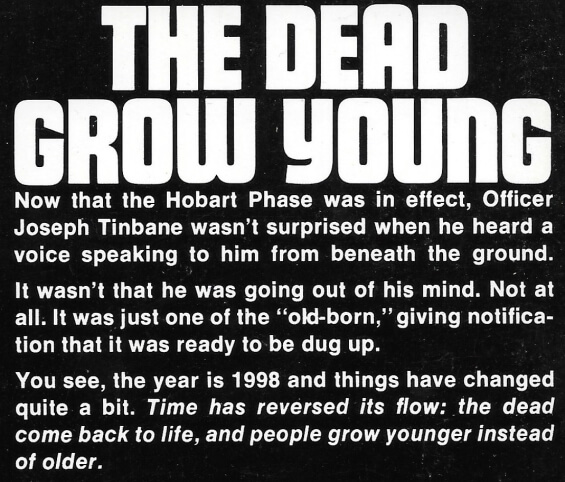
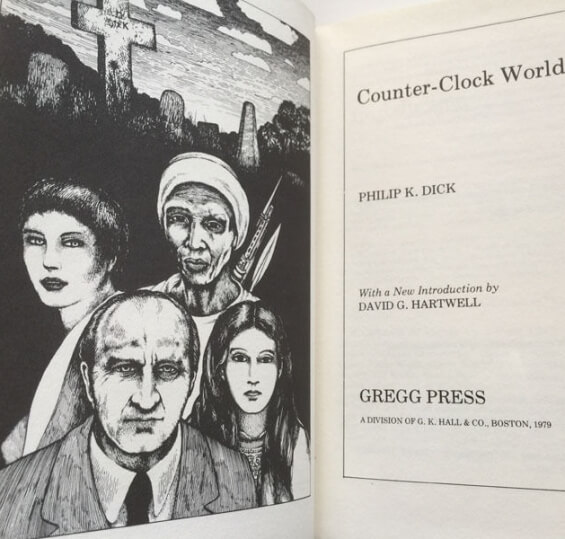
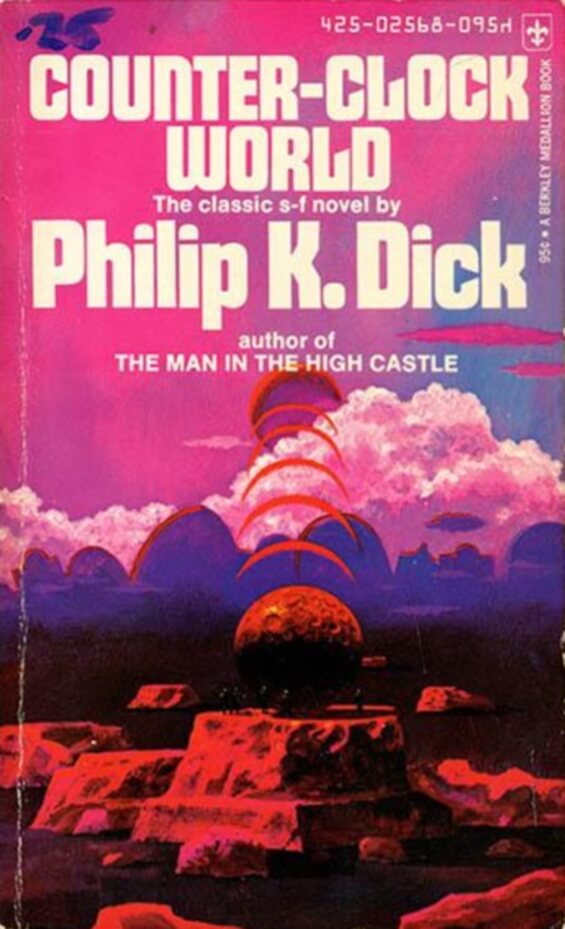
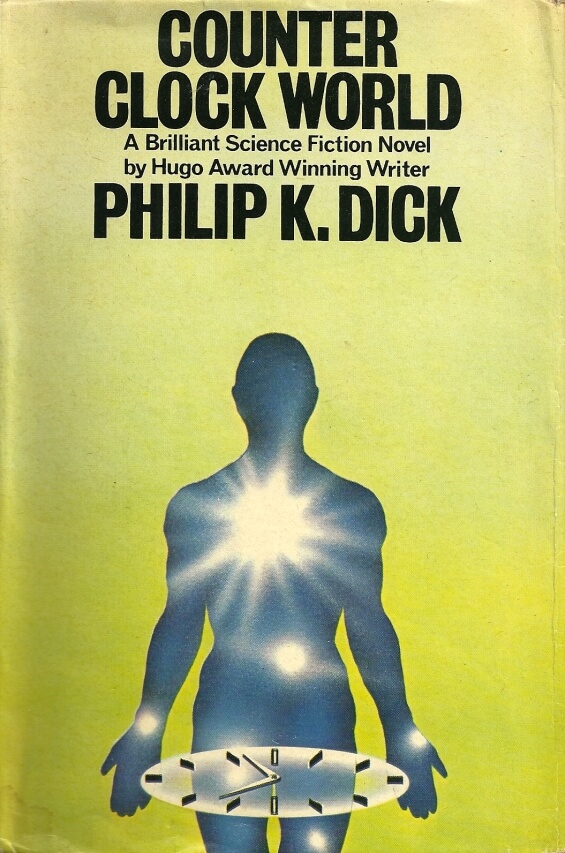

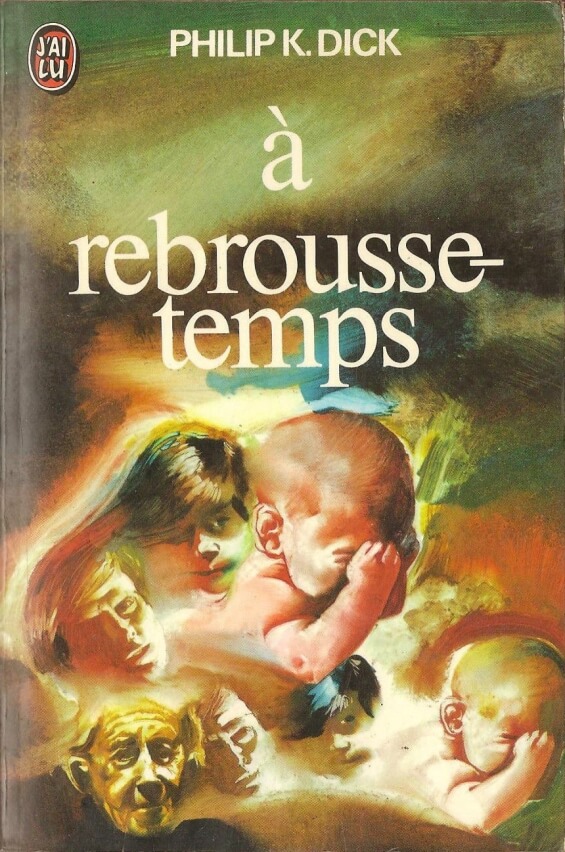
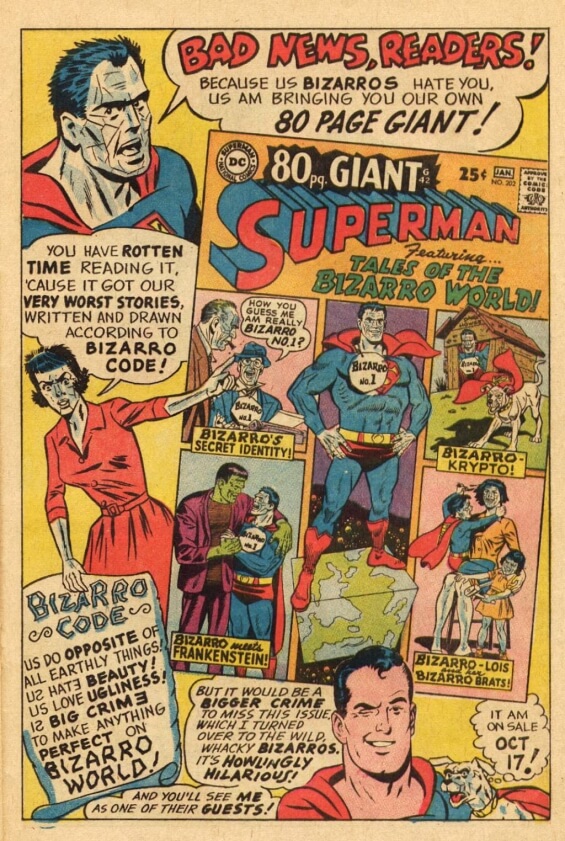
Posted by Jesse Willis
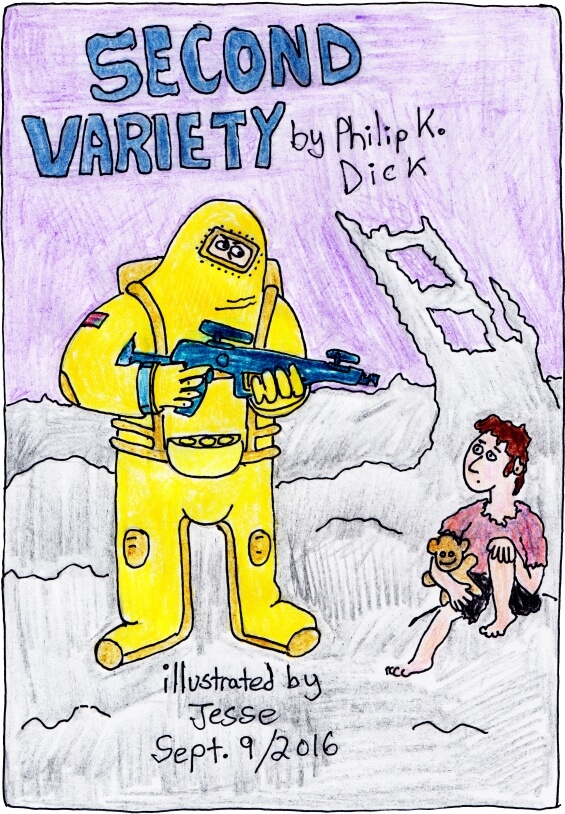















 Reading, Short And Deep #011
Reading, Short And Deep #011